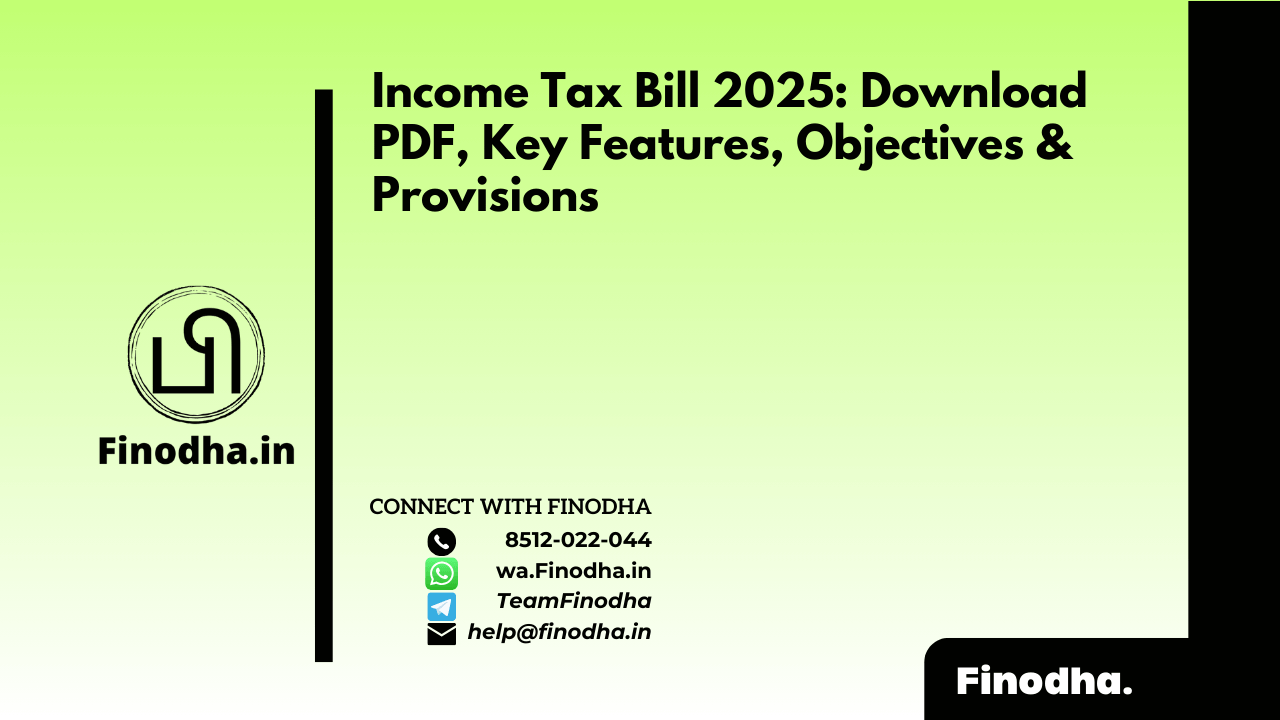Important Keywords: black economy, underground economy, shadow economy, informal economy, unreported economy, illegal economy, unrecorded economy, government restrictions, high taxes, regulatory complexity, socioeconomic factors, counterfeit goods, impact on society, impact on the formal sector.
Table of Contents
The Hidden Economy: Understanding the Black Economy in India
Introduction:
The black economy, also known as the underground economy or the shadow economy, refers to economic activities that operate outside the formal sector and evade government regulations. This article aims to shed light on the concept of the black economy, explaining its various forms and implications. The content is tailored to be easily comprehensible for the average Indian reader with limited English grammar knowledge.
Subheadings & Short Paragraphs:
- Defining the Black Economy:
The black economy encompasses business activities that operate outside the legal framework and evade government regulations. These activities may include both legal and illegal transactions, depending on the nature of goods or services involved. - Forms of the Black Economy:
The black economy can be classified into different categories:- Informal Economy: This refers to economic activities that are legal but not registered or reported to the government.
- Unreported Economy: In this form, economic activities are intentionally concealed from authorities to evade taxes or regulations.
- Illegal Economy: This includes activities that are explicitly prohibited by law, such as drug trafficking or the sale of stolen goods.
- Unrecorded Economy: These are transactions that are not captured in official records, often involving cash payments and bypassing formal financial systems.
- Factors Driving the Black Economy:
Several factors contribute to the growth of the black economy, including:- Government Restrictions: Imposed limitations on certain goods, services, or imports can lead to the emergence of illegal or informal markets.
- High Taxes and Duties: Excessive tax burdens or import duties on specific products can incentivize individuals to seek alternative, cheaper channels.
- Regulatory Complexity: Overly complex regulations and bureaucracy can drive businesses to operate in the informal sector to avoid red tape.
- Socioeconomic Factors: Poverty, unemployment, and lack of access to formal opportunities can push individuals towards the black economy.
- Example:
Let’s consider an example of the black economy in India:- The sale of counterfeit goods: In various Indian cities, counterfeit products imitating popular brands can be found in informal markets. These fake goods not only deceive consumers but also harm legitimate businesses, leading to revenue loss and brand dilution.
FAQs:
Q1: What is the impact of the black economy on society?
A1: The black economy can have both positive and negative effects. While it may provide access to goods or services that are otherwise restricted or expensive, it undermines government revenue, fosters corruption, and hampers economic growth.
Q2: How does the black economy affect the formal sector?
A2: The black economy can create unfair competition for formal businesses, as operators in the informal sector often evade taxes and regulations, resulting in a distorted playing field.
Key Takeaways:
- The black economy involves economic activities that operate outside the formal sector and evade government regulations.
- It can take various forms, including the informal economy, unreported economy, illegal economy, and unrecorded economy.
- Factors driving the black economy include government restrictions, high taxes, regulatory complexity, and socioeconomic factors.
- The black economy can have both positive and negative impacts, affecting government revenue, fostering corruption, and distorting the formal sector.
Conclusion:
The black economy poses challenges to both society and the government. While it may provide certain benefits, such as access to restricted goods or lower prices, its negative consequences, including tax evasion, corruption, and unfair competition, outweigh these advantages. Addressing the root causes of the black economy requires a multifaceted approach involving regulatory reforms, simplification of procedures, and efforts to foster formal economic opportunities for all.
Popular Tags:
Capital gains (21) CGST (277) Chapter VI-A (15) e-Compliance Portal (21) E-Verify (20) economic growth (21) F&O Trading (29) F.No.354/117/2017-TRU (23) F. No. CBIC-20001/4/2024-GST (15) Financial planning (15) financial stability (17) GST (1424) IGST (222) Income from House Property (17) Income Heads (16) Income Source (14) Income tax (111) Income Tax Account (15) Income Tax Filing (20) Indian context (22) Indian investors (16) ITR-3 (19) ITR Form (20) P&L Statement (24) PAN (13) Risk Management (20) Salary Income (19) Section 7(1) UTGST Act 2017 (14) Section 8(1) UTGST Act 2017 (26) section 9 (18) section 10 (28) section 15 (13) section 25 (17) section 39 (24) section 49 (16) section 50 (16) section 51 (13) Section 52 (16) Section 54 (13) section 73 (20) section 74 (21) SGST (223) Speculative Income (14) Trading Income (33) UTGST (78)




